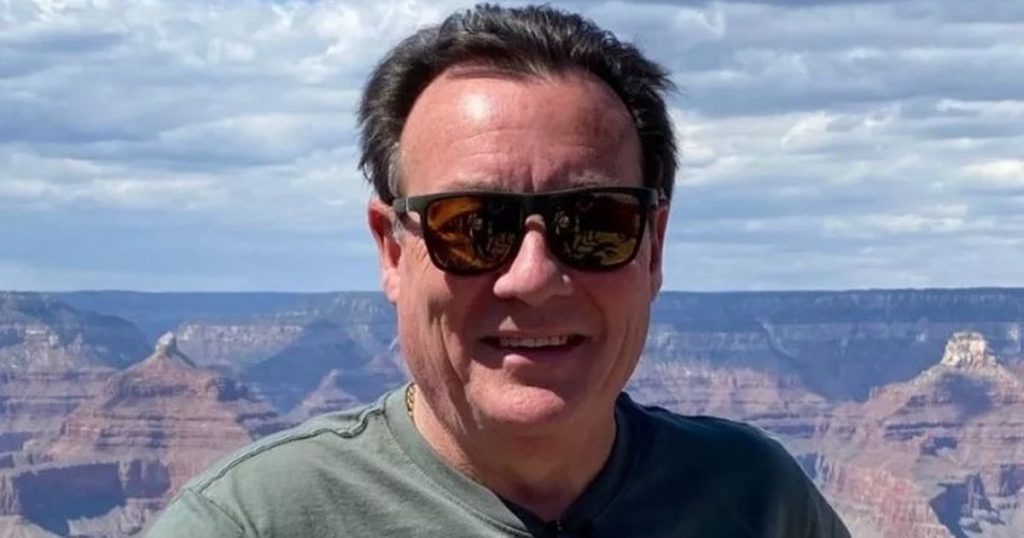Ivan Theobald had a persistent sore throat which was dismissed by doctors until he was diagnosed with a stage 4 cancer tumour in his mouth. The tumour was found after he was allowed to go home from hospital. He first visited his GP for the sore throat and was eventually diagnosed with a tumour at the base of his tongue, requiring chemotherapy and radiotherapy. The delay in diagnosis and treatment have had a significant impact on his day-to-day life, affecting his speech and ability to swallow. He expressed frustration with the healthcare system, feeling ignored and not taken seriously, leading to delays in his treatment.
The healthcare system in Lincolnshire has been criticized for the long waiting times for cancer treatment. Ivan is one of many patients waiting for treatment, with figures showing that a significant percentage of patients are waiting longer than the recommended time for treatment to begin. Data from NHS England revealed that over 40% of patients in Lincolnshire were waiting at least 62 days for treatment, falling short of the national standard of 85%. Ivan’s case highlights the challenges faced by cancer patients in accessing timely care, with long waits between diagnosis and treatment.
The gap between the initial GP appointment and the start of chemotherapy for Ivan is over 140 days, much longer than the 62-day target. The waiting time for chemotherapy to start after a cancer diagnosis is also high, standing at 80 days. The hospital trust in Lincolnshire has recognized the need to reduce these waiting times and has set targets to improve access to diagnostic testing and increase the number of outpatient appointments and operations. However, Ivan feels that the waiting times are still unacceptably high and that more needs to be done to expedite cancer treatment.
Ivan’s frustration with the healthcare system extends to the lack of timely referrals and the long waiting times for cancer treatment. He believes that early detection could have prevented his cancer from reaching stage 4 and that delays in diagnosis have impacted his prognosis. Despite acknowledging the dedication of healthcare staff, Ivan feels that the system itself is poorly managed, leading to inefficiencies and long waiting times for patients. He emphasizes the need for improvements in the healthcare system to ensure timely access to cancer care.
The hospital trust in Lincolnshire aims to meet national targets for cancer care, including seeing and diagnosing patients within specified timeframes. Efforts are being made to reduce waiting times by improving access to testing and increasing capacity for outpatient appointments and surgeries. However, the current waiting times remain a concern for patients like Ivan who are in need of timely cancer treatment. The importance of early detection and prompt referrals is highlighted as critical in preventing cancer from advancing to later stages and improving patient outcomes.
Overall, Ivan’s experience with delayed cancer diagnosis and treatment sheds light on the challenges faced by patients in accessing timely and efficient healthcare. The high waiting times for cancer treatment in Lincolnshire indicate a need for improved systems and processes to ensure that patients receive timely care. While efforts are being made to address these concerns, more work is needed to streamline cancer care pathways and reduce waiting times for patients like Ivan who are dealing with serious illnesses.


